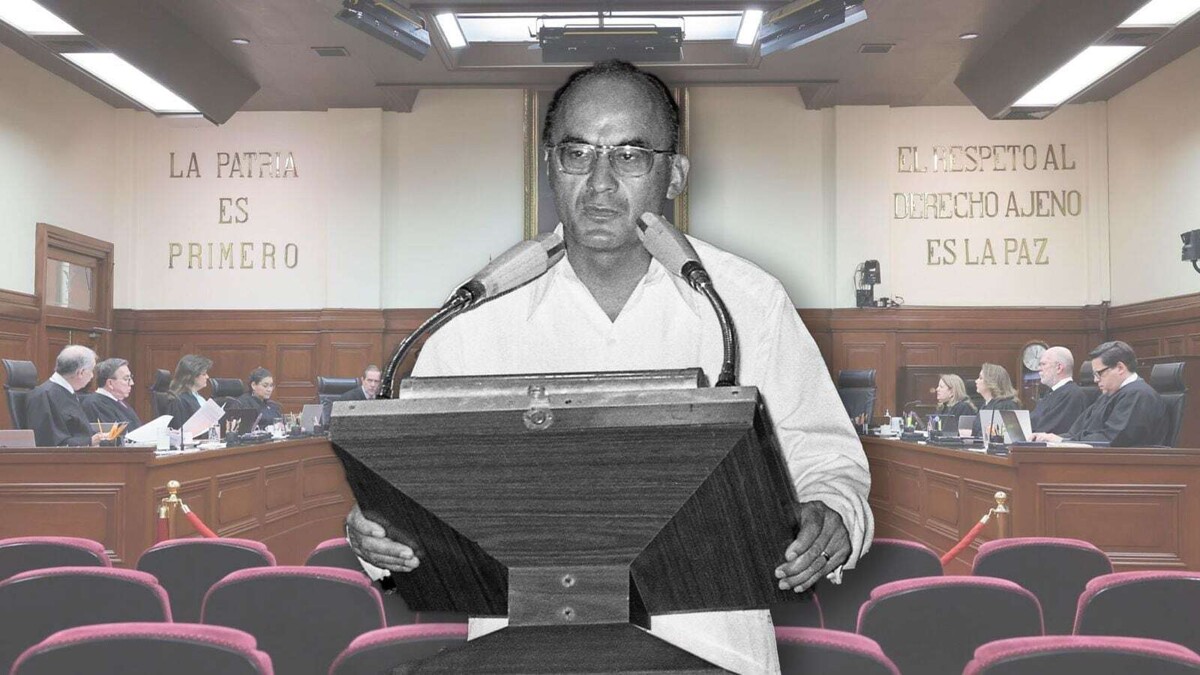
To address the issue of voting for judges assigned based on jurisdiction or rotation, the idea was proposed to distribute them by judicial districts according to their specialty. This seeks to give more weight to the first vote than to the second, avoiding adversaries from having influence in cases that benefit them. Despite this, a violation of the Constitution has been detected in the intervention of a court to give legality to questionable decisions.
Within the framework of judicial reform, it is proposed that citizens will not have the right to choose and punish judges who can change their lives. This scenario generates the urgency to protect constitutional democracy from those who seek to undermine it. On the other hand, the extradition of a criminal leader falls on an elected judge from the district or state where they are detained, which poses challenges to the current judicial system.
Recalling the history of authoritarian presidentialism, it is highlighted that the Morena party shows similarities with that regime by attempting to impose its vision of power, without respecting legality. An absurd case is mentioned where attempts are made to modify the rules to favor certain candidates, evidencing questionable management of the institutions and judicial regulations.
In this context, the interference of the Electoral Tribunal in matters that correspond to the Federal Judicial Power is criticized, generating confusion and controversies. It is pointed out that the resolutions of the tribunal should not replace the authority of the Court and that the principles of equity in the electoral process are being undermined.
The importance of respecting the separation of powers and avoiding manipulations that affect impartiality and legality in the appointment of judges is emphasized. As more irregular situations arise, warnings are issued about potential negative consequences for justice and democracy in the country.













